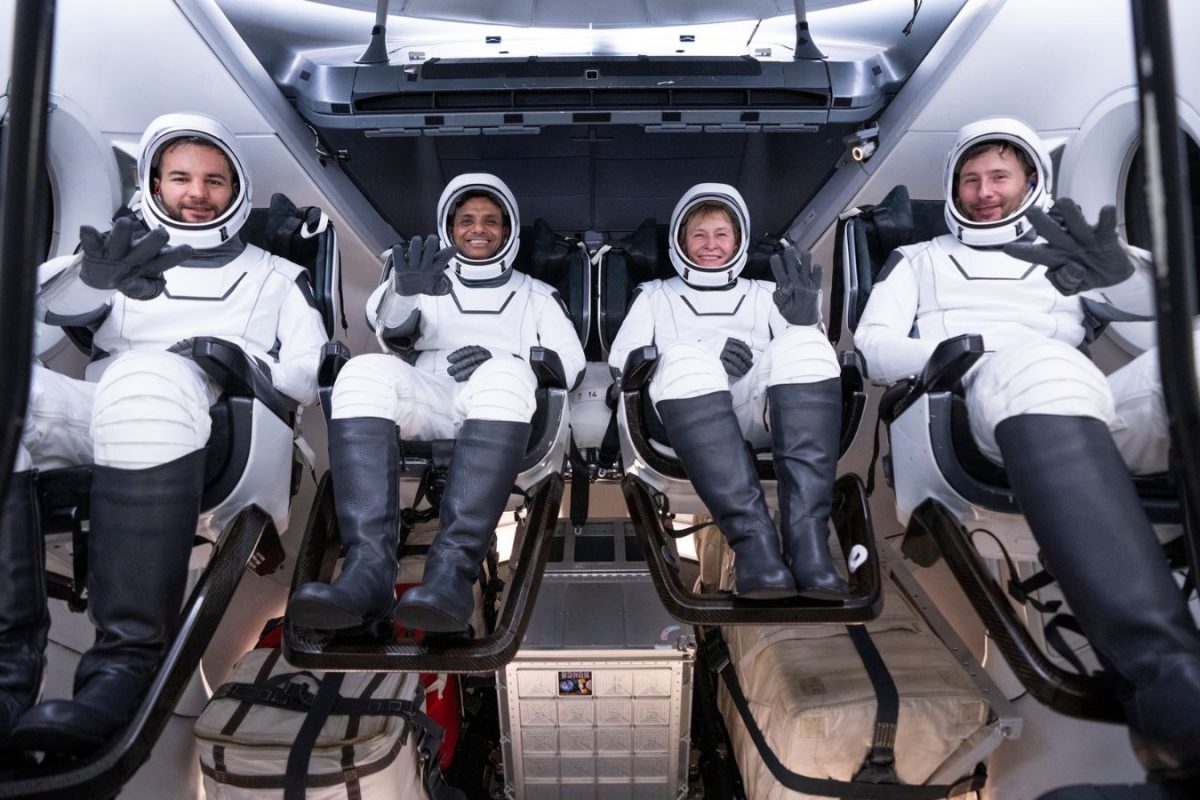

The International Space Station (ISS) is about to welcome a crew representing a significant step forward for space programs in India, Poland, and Hungary. The Axiom-4 (Ax-4) mission, scheduled to launch today, June 25, 2025, from the Kennedy Space Center in Florida, marks a return to human spaceflight for these three nations, each sending astronauts to the ISS for the first time in over 40 years.
The Ax-4 mission, orchestrated by Axiom Space, a commercial space company, underscores the growing trend of international collaboration in space exploration. The mission’s crew comprises Peggy Whitson of the United States, a veteran NASA astronaut serving as Mission Commander; Shubhanshu Shukla from India, Sławosz Uznański from Poland, and Tibor Kapu from Hungary.
For India, this mission is particularly significant. Shubhanshu Shukla will be the second Indian astronaut to venture into space, following Rakesh Sharma's mission in 1984. This event signifies a crucial step toward a joint effort between the Indian Space Research Organisation (ISRO) and NASA on the ISS, strengthening Indo-US partnerships in space exploration.
Poland and Hungary also view this mission as a momentous occasion. Uznański and Kapu represent their respective nations' second human spaceflight missions in history, highlighting their commitment to advancing their space capabilities. This mission is especially noteworthy as it is the first time all three nations—India, Poland, and Hungary—will simultaneously conduct a mission aboard the International Space Station.
The Ax-4 mission is more than just a symbolic return to space for these nations. The astronauts will spend approximately two weeks on the ISS, engaging in a wide array of scientific research, technology demonstrations, and outreach events. This mission will facilitate around 60 scientific studies from 31 countries, with ISRO leading several groundbreaking research projects. These studies will primarily focus on microgravity research, taking advantage of the unique environment of the ISS to explore various scientific phenomena.
The emphasis on scientific research underscores the mission's global significance and its collaborative nature. By involving diverse stakeholders and showcasing the value of microgravity research, the Ax-4 mission aims to boost participation from various countries and foster international collaboration in space.
Michael Suffredini, CEO of Axiom Space, emphasized the importance of this mission in fostering global partnerships and driving innovation. He stated that Ax-4 represents Axiom Space's ongoing efforts to build opportunities for countries to research, innovate, test, and engage with people around the world while in low-Earth orbit.
The Ax-4 mission, initially scheduled for launch on May 29, faced several delays due to technical issues, weather conditions, and leaks on the ISS. However, these challenges have been addressed, and the mission is now set to proceed, marking a new chapter in international space collaboration. The mission is expected to dock with the ISS approximately 28 hours after launch.
This mission is a beacon of opportunity for India, Poland, and Hungary, each poised to leverage this mission to advance their national space programs. It not only expands the diversity of the station's crew but also paves the way for future cooperative ventures in space exploration.